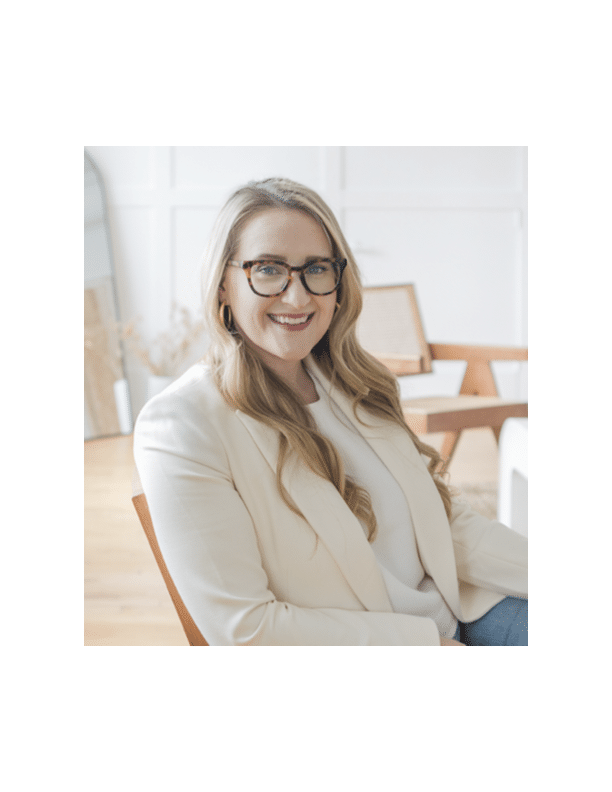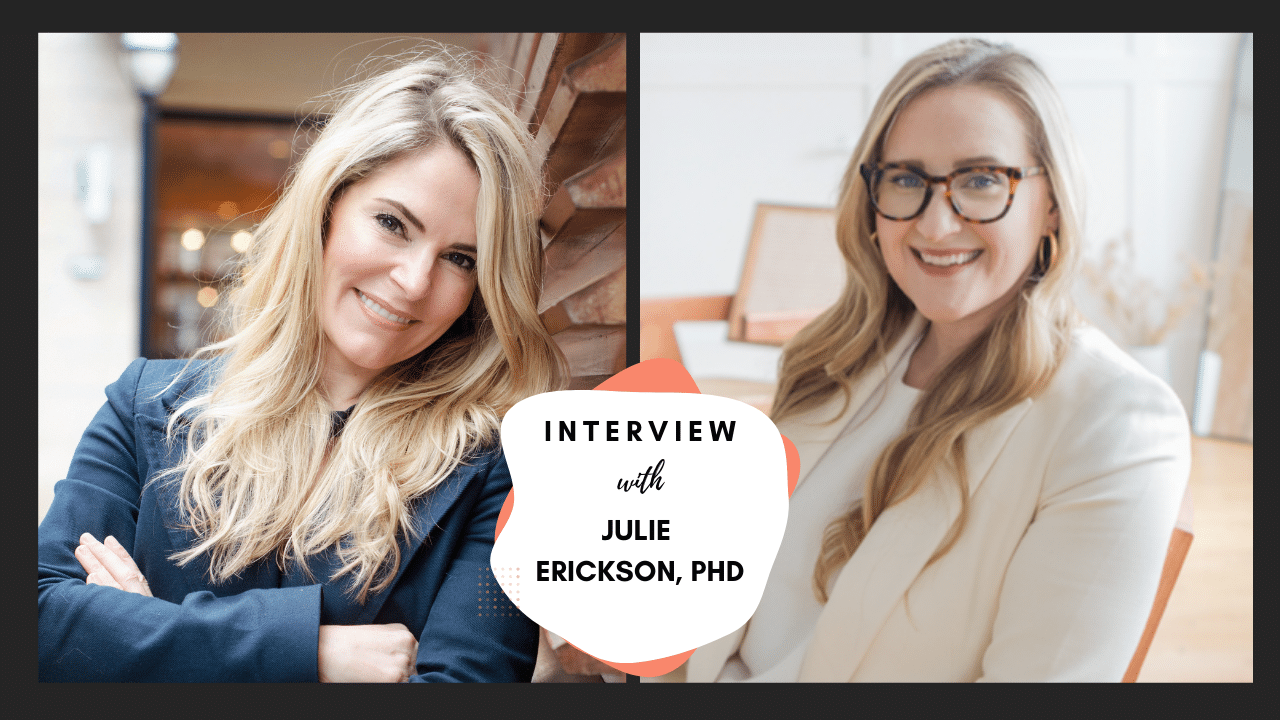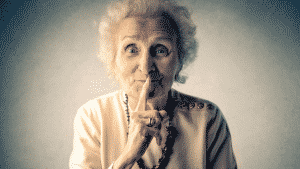Is anxiety normal in older adulthood? What causes anxiety in older adulthood? Is anxiety treatable in older adulthood? With so many misconceptions about mental health in older adulthood, our aim is to set the record straight with the science.
In this episode, my guest, Dr. Julie Erickson, clinical psychologist and author of The Aging Well Workbook for Anxiety and Depression, and I answer all your FAQs on aging and anxiety, including:
1. How does anxiety manifest differently in older adults compared to younger individuals?
2. What biological, psychological, and social factors contribute to anxiety in seniors?
3. What is the difference between everyday stress and an anxiety disorder in an older individual?
4. What strengths and resiliencies do older adults bring with them to help them cope with anxiety?
5. What is an effective CBT tool that can assist older adults in managing their anxiety?
6. What can healthcare providers do to better support older adults who are experiencing anxiety?
7. What can family caregivers do to better support older adults who are experiencing anxiety?

About Julie Erickson, PhD
Dr. Julie Erickson is a clinical psychologist in private practice and adjunct faculty member in the Department of Applied Psychology and Human Development at the University of Toronto in Toronto, Canada. Dr. Erickson is interested in optimizing evidence-based psychological treatment for older adults and reducing their barriers to treatment-seeking. She maintains an active clinical practice with adults across the lifespan and provides education to the public and mental health professionals on aging and mental health. Her book, The Aging Well Workbook for Anxiety and Depression, will be released on October 1, 2023 by New Harbinger Publications.
- Website
- Link to Dr. Erickson’s book: The Aging Well Workbook for Anxiety and Depression





